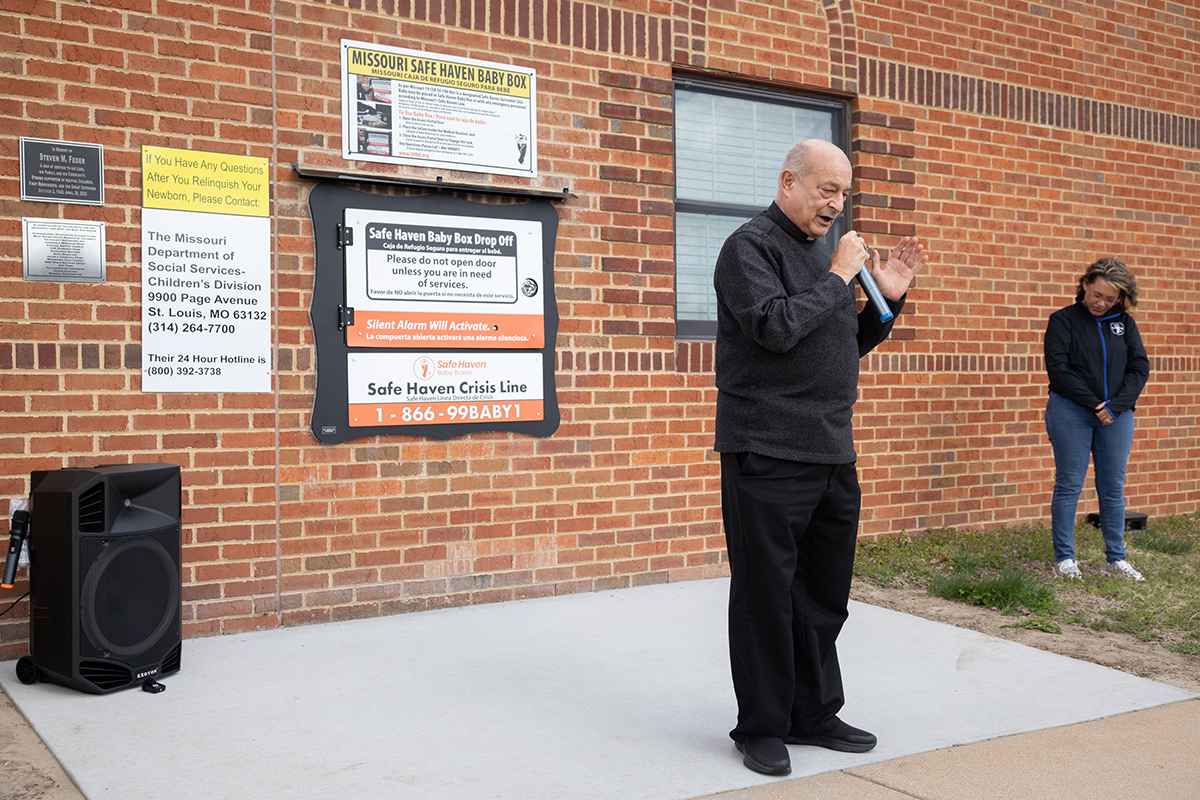Polls show pro-life advocates face uphill battle in state abortion ballot referendums
WASHINGTON — Voters in states with abortion referendums on the ballot in November broadly appear poised to approve the efforts to codify abortion protections, according to polls of those contests.
Since the Supreme Court issued its ruling in Dobbs v. Jackson Women’s Health Organization in June 2022 that reversed its previous abortion precedent, voters in Ohio, California, Kentucky, Michigan, Montana, Vermont and Kansas either rejected new limitations on abortion or expanded legal protections for it as the result of ballot measures.
Although winning such contests have so far eluded pro-life activists, some analysts have argued that 2024 marks the first election cycle where a presidential race will coincide with those contests and result in higher voter turnout. While it may increase the share of voters who oppose abortion in more conservative “red” states, a review of polls shows that pro-life advocates are presently on track to fail in nearly every state that has abortion on the ballot with two months left before Election Day.
About three-quarters of voters in those key swing states of Arizona and Nevada favor upcoming referendums on abortion, a Fox News poll released Aug. 28 found. That survey found that 73% of Arizona voters said they favor a ballot measure that would enact abortion protections “up until fetal viability or when necessary to protect the patient’s health” in their state constitution. Just 23% said they were opposed. In Nevada, 75% of voters said they favor a similar measure to establish the right to an abortion in their state constitution, while 21% said they opposed that effort.
In Missouri, St. Louis University’s SLU/YouGov poll in August found 52% of likely Missouri voters support Amendment 3, which would legalize abortion rights in the state, while 34% said they oppose that effort, with another 14% undecided. The poll indicated support for the abortion amendment had increased 8% since February. Should that amendment pass, Missouri’s current ban on nearly all abortions in the state would be reversed.
Similarly, in South Dakota, a poll co-sponsored by South Dakota News Watch and the Chiesman Center for Democracy at the University of South Dakota, found 53% of voters in that state support Constitutional Amendment G, which would codify abortion access in the state and reverse the state’s current restrictions, with 35% opposed and another 11% undecided.
In Florida, an August poll from the Florida Atlantic University Political Communication and Public Opinion Research Lab (PolCom Lab) and Mainstreet Research USA found about 56% of voters in the state — including 66% of Hispanics — support Amendment 4, an effort to enshrine abortion rights into the state constitution. It noted that 23% of Floridians have not made up their minds on the amendment.
Florida, however, presents a more unique challenge for supporters of that amendment, as the state requires ballot measures to meet a 60% support threshold to pass.
Comparable efforts in Nebraska face legal challenges. The Nebraska Supreme Court set a hearing for Sept. 9 on a challenge filed by the Thomas More Society, a Chicago-based public interest firm, opposing the most expansive abortion amendment on the ballot.
The Catholic Church teaches that all human life is sacred from conception to natural death, and as such, opposes direct abortion. After the Dobbs decision, Church officials in the U.S. have reiterated the Church’s concern for both mother and child and called to strengthen available support for those living in poverty or other causes that can push women toward having an abortion.
Abortion rates, which began steadily rising in 2017 after a nearly three decade decline, have further increased in the aftermath of the Dobbs decision. According to the Guttmacher Institute, which tracks abortion data, abortions in 2023 were up 11% over 2020. The 2023 data represents the first full year after Dobbs created a “fractured abortion landscape” as states enacted restrictions on, or protections of, abortion access.






